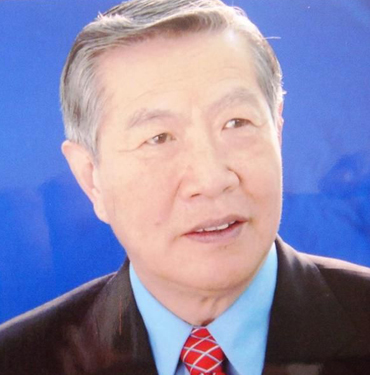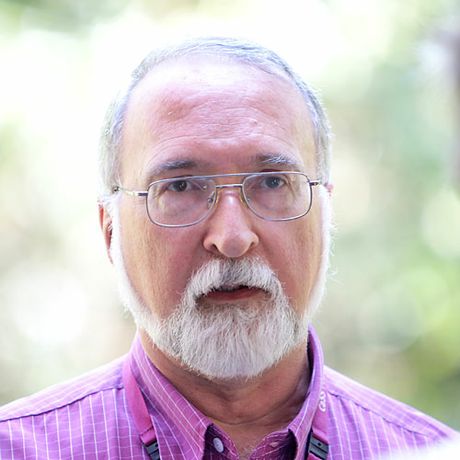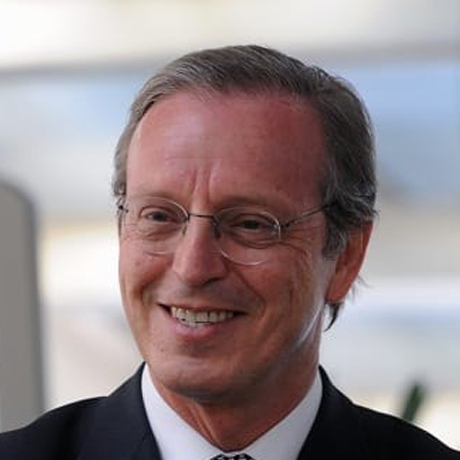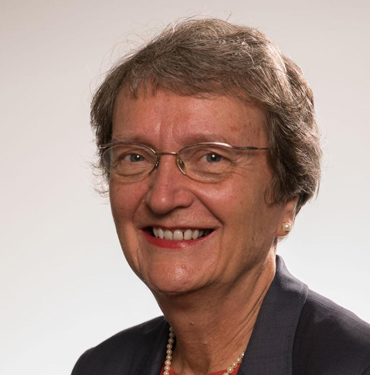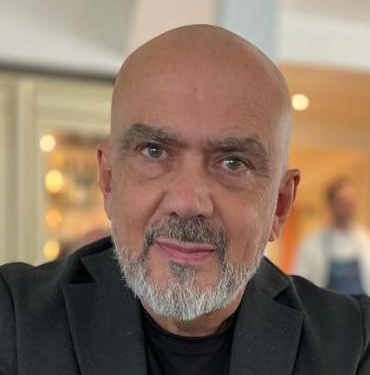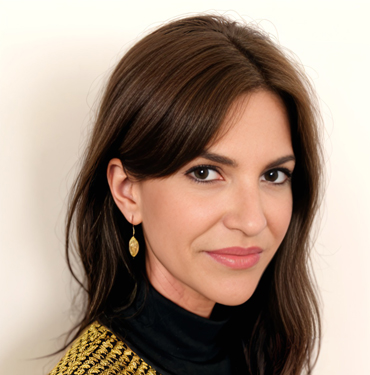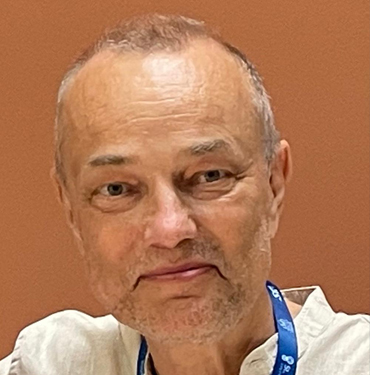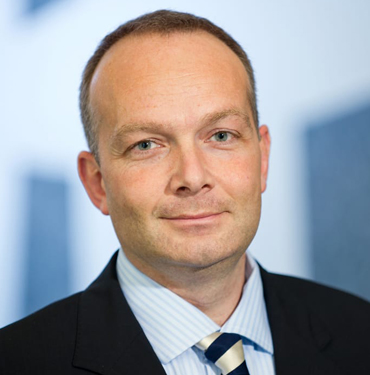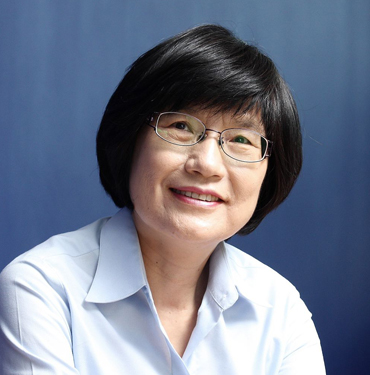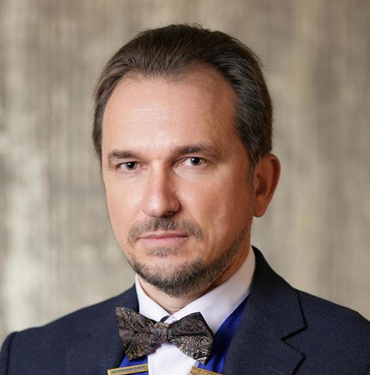
Yanko G. Kolev, MD, PhD is Head of Department of Forensic medicine at District Hospital of Gabrovo, Bulgaria, senior lecturer of Forensic Medicine at Medical University of Pleven and a national consultant of forensic medicine at the Bulgarian Ministry of Health.
Specialist in Forensic medicine (forensic pathology and clinical forensic medicine), Specialist in Medical Imaging (Radiology); Doctor of Medicine, PhD in forensic medicine and forensic entomology. He received trainings at Medical University of Pleven, Medical University of Sofia, University of Crete, University Center of Legal Medicine - Lausanne–Geneva (Switzerland).
Professional Experience: Forensic medicine (forensic pathology and clinical forensic medicine) since 1998, practical work (including expert-witness) and teaching; medical imaging – since 2015, applications in forensic imaging and postmortem radiology. Practice in forensic pathology, forensic anthropology, forensic entomology, CSI and 3D-imaging and reconstruction, clinical forensic medicine, virtual autopsy. Lecturer at National Institute of Justice, Bulgaria. Giving lectures on postmortem CT and forensic imaging at National Forensic Sciences University – India; in Turkey etc.
Specific research in forensic medicine and pathology – autopsy techniques, CSI and traces, child abuse, organization of forensic medicine, forensic entomology and entomotoxicology, postmortem imaging and forensic imaging and radiology, virtual autopsy, 3D-scanning etc., special interest in DVI.
He is a delegate from Bulgaria to European Council of Legal Medicine (ECLM), member of the Executive Board of Balkan Academy of Forensic Sciences /BAFS/, Secretary and a member of the Executive Board of the Bulgarian Association of Forensic Medicine, also a member of numerous professional organisations, including IALM (International Academy of Legal Medicine), FASE (European Association of Forensic Anthropology), European Association for Forensic Entomology (EAFE). Member of the Advisory Board of UPACA Center for Legal and Corporate Excellence, India. Expert at the Institute of Forensic Analysis and Investigation Research – Kosova.
President of the International Association of Forensic Sciences (IAFS) since 2023 (elected in Sidney, IAFS 2023).



